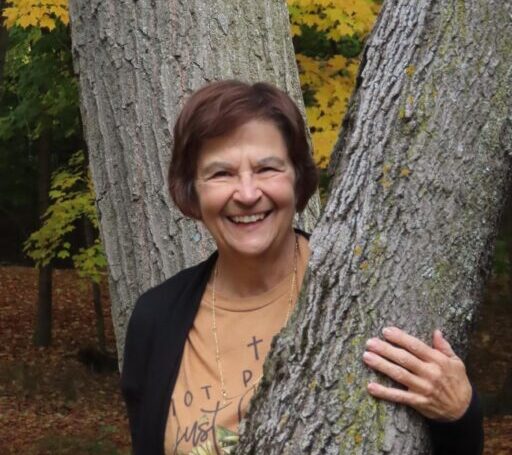Stepping Out in Faith
I’m a black-and-white kind of person, especially when it comes to making decisions. I want to make sure, to the best of my knowledge, that it’s a good decision before I commit to it. I like to sleep on it—the bigger the decision, the more nights I prefer to ponder it. Then, throughout the day, I’ll ruminate on it some more. I hate having to make expedient decisions on major issues just as much as I detest crawling into the crawl space beneath my home with the mice, spiders, and who knows what else.
One of these kinds of decisions had to be made when we bought the house I’m currently in. It seemed like a good fit when we toured it, but as is customary for me, I wanted time to “think” on it. Time I didn’t have; another offer was on the table. The clock was ticking. Time crunches are not in my comfort zone! Within a couple of hours (my eyes tightly squinted and my jaw clenched), we gave an offer. This is the only time I can remember making such a rapid decision on a spur-of-the-moment basis. I’m happy to report that the purchase turned out well, but I’d be lying if I said I wasn’t holding my breath the entire time.
Just this month, I was given a different perspective on making these kinds of important decisions. In Chris Tiegreen’s devotional entitled Hearing His Voice, he begins one entry by talking about Abram. The Lord said to Abram, “Leave your country, your relatives, and your father’s house, and go to the land that I will show you” (Genesis 12:1). So Abram departed as the Lord had instructed him (verse 4). There’s no mention that Abram had to think about it or sleep on it. He didn’t question whether it was really God who had spoken, and he didn’t shrug it off. He just went with it. He had faith to believe it would work out.
It made me wonder how many times I may have thought I heard God but didn’t have enough faith to go with it. Instead, I wanted to ponder, weigh all the pros and cons, and then fell into that trap of dead uncertainty, failing to move forward.
Chris Tiegreen goes on to say, “If we want to hear God’s voice, we need to understand that He will not speak so definitely that no faith is required to follow.” Why hadn’t I figured this out before? Of course God would want us to show we had faith in Him. What I was really showing was that I had a fear of acting on faith.
I don’t anticipate that I will ever be the sort who enjoys making hurried decisions, but I will hesitate and ask myself if this is a decision I’m afraid to make because I’m reluctant to trust in God. If that’s the case, then that’s what I need to spend time pondering.
Until next time, keep on readin’ and I’ll keep on writin’.
